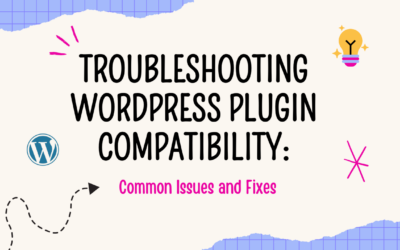In today’s fast-paced digital landscape, marketing automation has become a crucial tool for businesses aiming to optimize their marketing efforts. From managing customer relationships to nurturing leads, automation empowers marketers to execute personalized and timely campaigns. However, to truly leverage the power of marketing automation, businesses need to consider integrating APIs (Application Programming Interfaces). In this article, we’ll delve into the benefits of API integration for marketing automation and explore how it can revolutionize your marketing strategies.
1.Streamline Data Synchronization:
API integration allows seamless data synchronization between different marketing platforms and tools. By connecting your marketing automation platform with CRM systems, email marketing tools, social media platforms, and other relevant applications, you can ensure that your customer data remains consistent across all channels. This eliminates the need for manual data entry, reducing the risk of errors and saving valuable time and resources.
2. Enhanced Personalization:
Personalization is at the core of successful marketing campaigns. With API integration, you can access real-time customer data, such as purchase history, browsing behavior, and demographic information, and use it to deliver highly targeted and personalized content. By leveraging this data within your marketing automation platform, you can create dynamic workflows that respond to customer actions in real-time, ensuring a tailored experience for each individual.
3. Seamless Lead Nurturing:
API integration enables a smooth transition of leads between different stages of your marketing funnel. By integrating your marketing automation platform with lead generation tools, you can automatically capture leads and trigger personalized nurturing campaigns. This ensures that leads are efficiently nurtured and guided towards conversion, improving your overall conversion rates.
4. Multi-channel Campaign Execution:
To reach your target audience effectively, you need to meet them where they are. API integration facilitates multi-channel campaign execution by enabling seamless communication between your marketing automation platform and various channels, such as email, SMS, social media, and mobile apps. This ensures consistent messaging across channels and helps you engage with your audience on their preferred platforms.
5. Actionable Analytics:
API integration allows you to gather comprehensive data from different marketing channels and tools, providing you with a holistic view of your marketing efforts. By integrating APIs, you can consolidate data from sources like Google Analytics, social media platforms, and email marketing tools, enabling you to track the performance of your campaigns and derive actionable insights. This data-driven approach helps you optimize your marketing strategies and make informed decisions to drive better results.
Conclusion:
API integration is a game-changer when it comes to marketing automation. By seamlessly connecting your marketing automation platform with various tools and platforms, you can streamline data synchronization, enhance personalization, nurture leads efficiently, execute multi-channel campaigns, and gain valuable insights through actionable analytics. Embracing API integration empowers your marketing team to work smarter, not harder, and deliver exceptional customer experiences. So, don’t miss out on the opportunity to supercharge your marketing automation efforts with API integration and stay ahead of the competition in today’s digital world.





